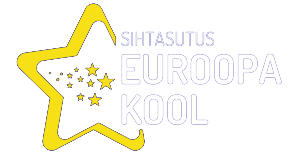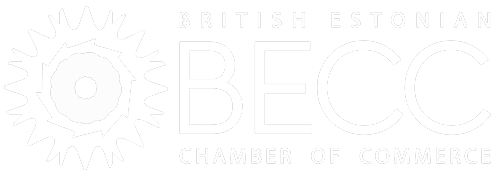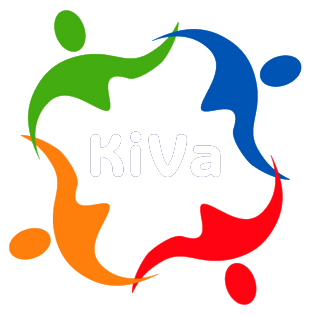Meet our alumni, Sandor Dino Franch, who graduated from TES in 2021. Currently he is pursuing a BA in Global Politics and Romance Languages with a minor in Classics at Washington and Lee University. In an exclusive interview with Mr. Stefan Muennighoff, Sandor shares insights into his post-graduation life, daily routine, and the habits cultivated during his time at TES.
Good morning, ……… Tell us a little bit about who you are and what has happened since you graduated from TES.
My name is Sandor Dino Franch, a TES alum from 2021. I am currently in my third year of studies at Washington and Lee University, which is located in Virginia in the United States. This semester, I am studying Swahili in Tanzania as a Boren scholar. Boren scholars learn languages that are considered critical to US interests abroad.
Share one specific example when you had to think about your experience at TES and how this relates to what you are doing right now.
TES helped me with time management. It was around December 2021, when I had my first finals. I had set up a plan and had my studying done. All that was left was to take the exams. This was not the case for many students. TES teaches students how to manage their time. College is very different from high school, however, one thing that remains important to a student’s success is how they manage their time. Learning this skill in high school only makes it easier for the future. Furthermore, the standards that TES school has are high. There are no shortcuts. Being accustomed to these experiences makes it easy to transfer these skills to college, especially when you have a lot more time and are studying what you enjoy. Even now, I still have to manage my time and decide how much time I will spend on things, but it is easier to do since I have been doing it since TES.
Tell us a little bit about your (daily) university life and routine.
Usually, my first class begins at 8:30 and I have classes until 14:00 or 15:00 with a few breaks in between. After classes, I have a couple of hours to eat food, do homework, and get ready for soccer practice. Soccer practice lasts two hours. After that, I usually get back to my room around 20:30 and finish up my schoolwork. Tuesdays and Thursdays are my short days. I usually have only one or two classes. I use a lot of that free time to prepare and get ahead of my classes so that I can have my weekends free. Weekends are completely free apart from soccer games.
What are your plans after graduating from your university?
After graduation, I plan to seek employment in a US federal government position or somewhere in the private sector, utilizing my life experiences one and my six languages. Becoming a US Peace Corps Volunteer might be an initial step.
In hindsight, how did TES prepare you for life after TES? What was your biggest surprise?
You don’t realize it at the time, but the habits that TES teaches you are habits that help you thrive in university and beyond. These habits make your life easier to navigate. Managing your time and consistently producing work at a high level is something I learned at and worked on at TES. While at TES, I didn’t realize how important these skills were. However, after graduation, you find out how important these things are. You will encounter many people at university who struggle with these because they weren’t taught how to do them in high school.
If you were in S6 now, what would you have done differently? What is your advice to current (senior) secondary students? And to teachers and the school in general?
I would have put more focus into my studies starting in S6. If you build good habits in S6, those habits will continue and improve in S7 and later in college. A lot of students realize this too late. Your S6 grades are as important as your S7 grades because they set a pattern and work ethic for the next year and beyond. For current S7 students, getting and maintaining high marks for your pre-BACS and A grades is crucial. Going into the BACs with high marks means that you relieve pressure from yourself, and it gives you more breathing room for the BACs. Teachers must continue to push their students to achieve and maintain a high level.
How would you like to see TES develop in the next 10 years?
I would like TES to stay small. I believe having small classes and a good student-toteacher ratio is important if you want kids to reach their full potential. It allows classes to be more flexible and adhere to how students learn best. It also increases the chances for students and teachers to create more personal connections with each other.
Anything else you would like to add?
Throughout my time at TES, I received a lot of help and support from teachers and staff. I can confidently say that without them I would not be where I am today or have the opportunities that I have today.








